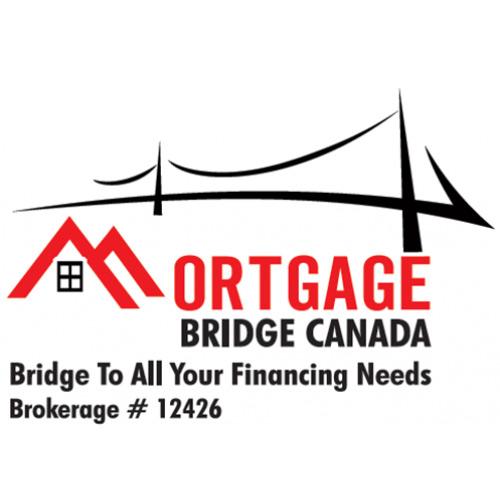Mortgage Blog
Canada's Mortgage Experts
Should I refinance my Mortgage?
March 19, 2020 | Posted by: Mortgage Bridge Canada
Since Mortgage rates are having hit historic lows, refinancing is an attractive prospect. In case you are thinking about refinancing your property. However, before you decide to refinance it’s important to understand how the process works and to evaluate the pros and cons of your individual situation.
What is Refinancing?
In simple terms, Refinancing is the process of replacing an existing mortgage with a new loan.
If you have a loan that’s too expensive or too risky to continue to make payments on, you often can refinance it into a better loan. Your financial circumstances may have changed since you first borrowed the money, and more beneficial loan terms may be available to you.
Typically, people refinance their mortgage in order to reduce their monthly payments, lower their interest rate, or change their loan program from an adjustable-rate mortgage to a fixed-rate mortgage.
What Refinancing Involves
The details of what the refinancing looks like depend on the type of loan and your lender, but the process typically unfolds as follows:
- You have an existing loan that you would like to improve
- You shop around for lenders and find one that offers better loan terms than your old loan.
- You apply for the new loan.
- If your loan is approved, the new loan pays off the existing debt completely.
- You make payments on the new loan until you pay it off or refinance it.
What You Should Know Before Refinancing Your Mortgage
Refinancing begins by finding out the value of your property
A mortgage broker can be instrumental in getting things started for you by simply making a call to your lender on your behalf and inquiring about your home’s value. Some lenders use an automated system and can see right away if your home has gone up in value or not
You’ll need to be approved (re-qualify) for your new mortgage
In order to refinance your mortgage, you need to qualify for the new terms – just like you had to qualify for your existing mortgage.
The lender might look for additional qualifiers, such as Credit score, Current income, Current assets and debts
There can be fees associated with refinancing your mortgage
In general, you can expect to pay:
- Any applicable prepayment penalties for breaking your current mortgage early,
- Appraiser fees ( if required), and
- Legal fees to change the financing on the title.
Have more questions about mortgage refinances and what option is right for your family? Contact us on 905.232.6300 and speak to our Mortgage agents today .


